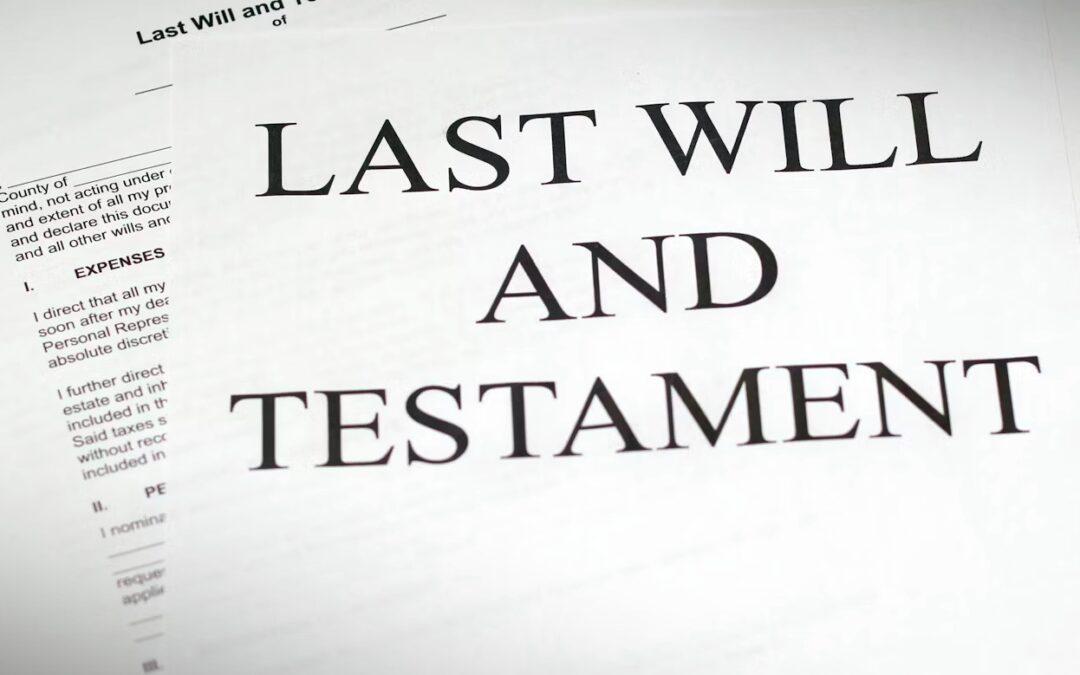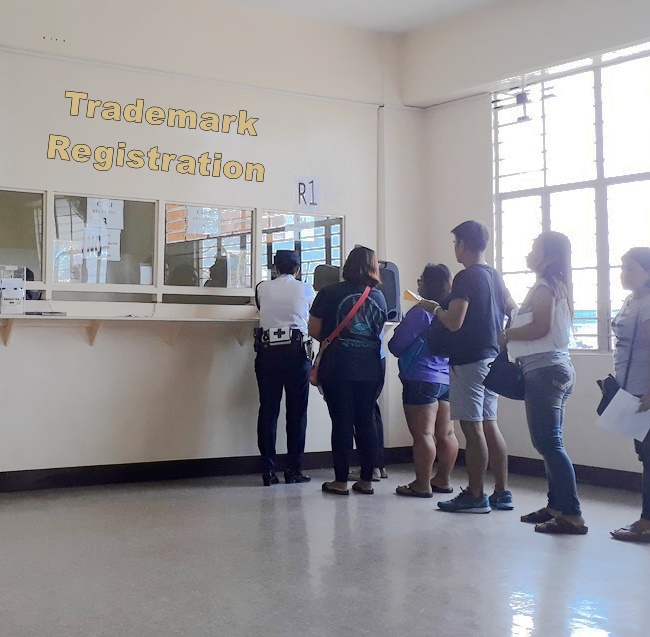Property law
FCB Law Office can help when a Reissuance of Title or a Reconstitution of Title is needed, or when the property status needs to be checked in government land registries. We also help transfer land titles or support property disputes.

TYPES OF PROPERTY LAW MATTERS
Common Property Law Matters often deal with getting a new owner’s Title through a Reissuance case, restoring a government’s copy of your land title through a Reconsidtution case, or settling property disputes through litigation. Other common property concerns are transferring an inherited, donated or sold title and doing due diligence.

Reissuance
Reissuance is a court case that replaces an Owner’s Property Title when it has been destroyed or irretrievably lost. Proof of ownership and witness testimony will need to be presented during the trial. Case More

Reconstitution
Reconstitution is a court case that replaces the Government’s Land Title at the Registry of Deeds in case that title is lost or destroyed. It is important to replace the missing title since the government title confirms ownership. Case More

Due Diligence
Property documents to confirm ownership in support of a transfer, sale, mortgage or donation need to be retrieved from various land registries manually. This important step protects you and minimizes your risk of buying a property that cannot be transferred to you. Case Info

Land Disputes
When you find yourself in a dispute with relatives over property, negotiation or filing a case are usually the only 2 options. Consult a lawyer if you find yourself in this situation so that you can understand your options. Contact Us

Sales, Mortgages, Donations and Transfers
Contract review for transfers goes hand in hand with Due Diligence to avoid problems. Ensure that you have done your due diligence on the property you want to buy to avoid difficulties later on during the title transfer. Contact Us
HOW TO START A CASE
Contact Us
Contact us to explain your situation and goals. Lay out the facts and attach any documents that you may have. It’s important to give as much detail as you can so that we can assess the situation and determine how to help.
Email Assessment
With the intial information, we’ll propose an intial approach to how to solve your problem or ask for more information if we need more information to understand the situation better.
Formal Engagement
We’ll formally start the case when you’ve signed the legal services agreement and sent the acceptance. This is also when we do a full and thorough documentary review.

WHAT TO EXPECT
Court Cases Required to Replace
Missing Land Titles
With the exception of Administrative Reconstitution where a natural disaster has affected a Registry of Deeds, you will most likely need file a case to replace a missing or destroyed title. You will need to present documentary proof of ownership and ask a witness to testify in court. This court process is generally the only way to replace a destroyed or lost title, as there it is not possible to order a replacement title.


New Title can be cancelled if Old title is presented
A Reissuance court case is filed only when the title is irretrivably lost and not when a relative refuses to hand the title over. If your situation is one where someone refuses to hand the title over, your best course is to negoatiate with this person. If this person still does not agree, you might have to consult with a lawyer to see what actions are possible, or whether you have to file a case against that person.
Manual Processes
Although the courts have been trying to digitize, several court processes are still very manual. This means that often court processes move slowly and that there are often times where we must physically go to the court to work on the case. in addition, gathering evidence documents needed from the courts or other government bodies may require a degree of legwork.

FURTHER READING

Probate your Last Will and Testament while you are still alive
Probate is a court case to prove a will. It is the court process through which it is proved that the document offered really is the testator’s valid last will and testament...

Denying Paternity in the Philippines When a Wife’s Child is Not Her Husband’s
Denying paternity in the Philippines requires filing a Petition to impugn legitimacy which must be filed with the court within a brief window of time, beyond which the action is barred by law. The legitimacy of the child will no l...

How do I register a trademark in the Philippines?
IPOPHL registration means that IP rights are recognized and can be protected from trademark infringement through administrative or court cases with better success...

Trademark Statistics in the Philippines
The Intellectual Property Office of the Philippines (IPOPHL) collects Trademark Statistics in the Philippines as part of its function of overseeing trademarks...

Trademark Infringement In The Philippines
Trademark infringement in the Philippines is any violation of any rights of the registered owner of a Mark under the law on Trademarks of the Intellectual Property Code, other applicable Intellectual Property Laws, and the acts en...
Frequently Asked Questions
What are the basic property rights in the Philippines?
The basic property rights in the Philippines include the right to enjoy and dispose of a property without other parties interfering, and the right to use it as collateral for obligations.
What is the Torrens system in the Philippines?
The Torrens system is a land registration and land transfer system, where the government is the central source of information about the status of a title. It is used to verify ownership and other interests in land.
How can I get a Land Title in the Philippines?
To get a Land Title in the Philippines, you need to either register the land if it is untitled or transfer the Land Title if it was sold, inherited or donated to you.
What is a 'color title' in the Philippines?
A Color of a Title refers to a title that appears to be good and valid but is not due to some hidden defect.
Can a foreigner own property in the Philippines?
Foreigners are generally not allowed to own land in the Philippines, but they can legally own a residence. The Philippine Condominium Act allows foreigners to own condo units, as long as 60% of the building is owned by Filipinos. Read more in our Foreigners.
How is property divided in a divorce in the Philippines?
Property is generally divided equally between the spouses unless there is a Prenuptial Agreement. If the spouses agree, the property can be split otherwise. If the spouses do not agree, the matter can be brought to court.
How can a property title be transferred to heirs in the Philippines?
The process of transferring a land title to heirs involves several steps including payment of estate taxes, obtaining an eCAR and filing documents with the Registry of Deeds.
How long is the right of redemption for foreclosed property in the Philippines?
The borrower has a one-year redemption period from the date of registration of the foreclosure sale.
What is a usufruct in the context of Philippine law?
A usufruct gives a person the right to enjoy the property of another with the obligation of preserving its form and substance unless the title constituting it or the law otherwise provides it.
How does adverse possession work in the Philippines?
Adverse possession, also called prescription, allows someone to acquire a title to the land due to long and continuous possession. The period required can be either 10 or 30 years, depending on the circumstances.
